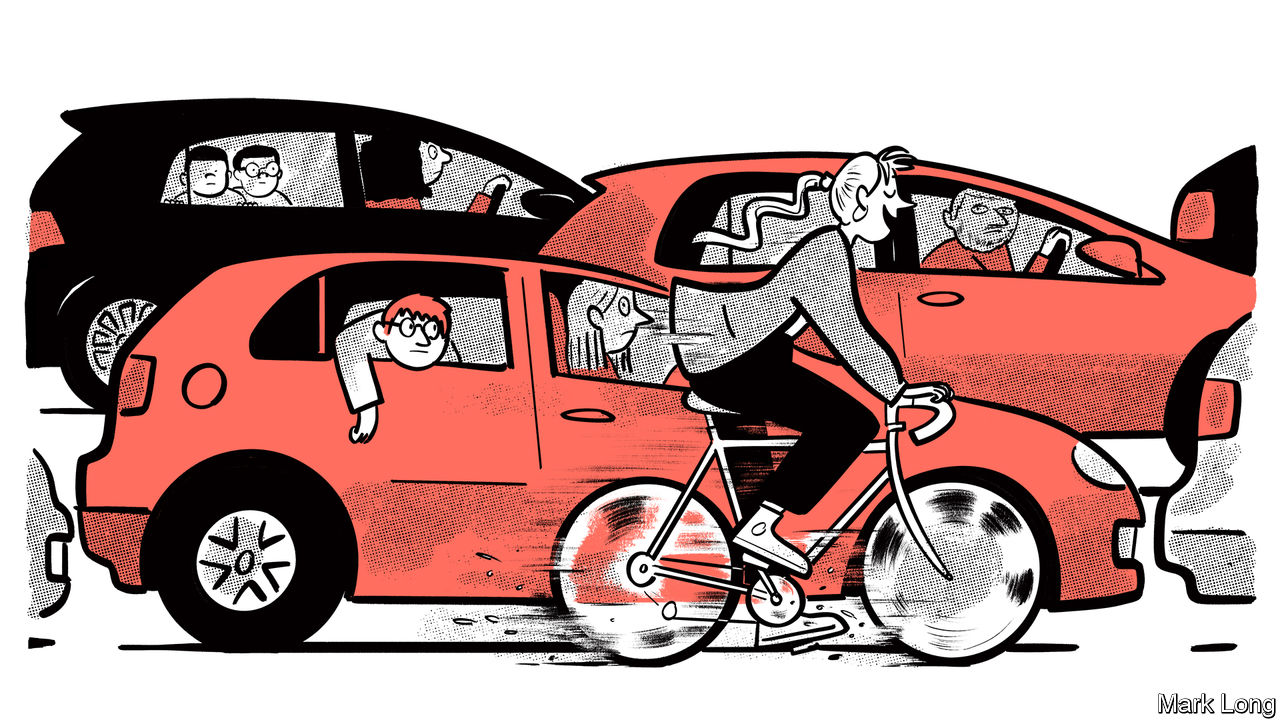The love affair with cars that defined the 20th century may be starting to change in the 21st century, as a growing number of young people are choosing to ignore or actively oppose getting a driver’s license. This shift is leading to support for anti-car policies in cities around the world. From New York to Paris, cities are passing laws and changing planning rules to favor pedestrians over drivers. For example, the mayor of Paris, Anne Hidalgo, is focused on “reconquering” the city for its residents.
One reason for this change is that young people are questioning why their identity is so tied to car use. Adah Crandall, a high-school student in Portland, Oregon, has spent a quarter of her life arguing against the car-centric planning of her city. She believes that getting a driver’s license is seen as a ticket to independence and is glorified in society, but she resents the idea that she should have to conform to this expectation.
The demographic shift is also contributing to this change. In the US, the average American driver goes much farther every year than most of their rich-world contemporaries. However, younger generations are driving less and favoring alternative modes of transportation. This change in behavior is leading to more support for anti-car policies and a shift in the momentum away from car-centric planning.
Overall, there is a growing movement to prioritize pedestrians over drivers in cities around the world. Young people, like Adah Crandall, are questioning the societal expectation of getting a driver’s license and are actively opposing car-centric planning. This shift in behavior, along with changing demographics, is leading to more support for anti-car policies and a potential swing away from the dominance of cars in urban environments.









